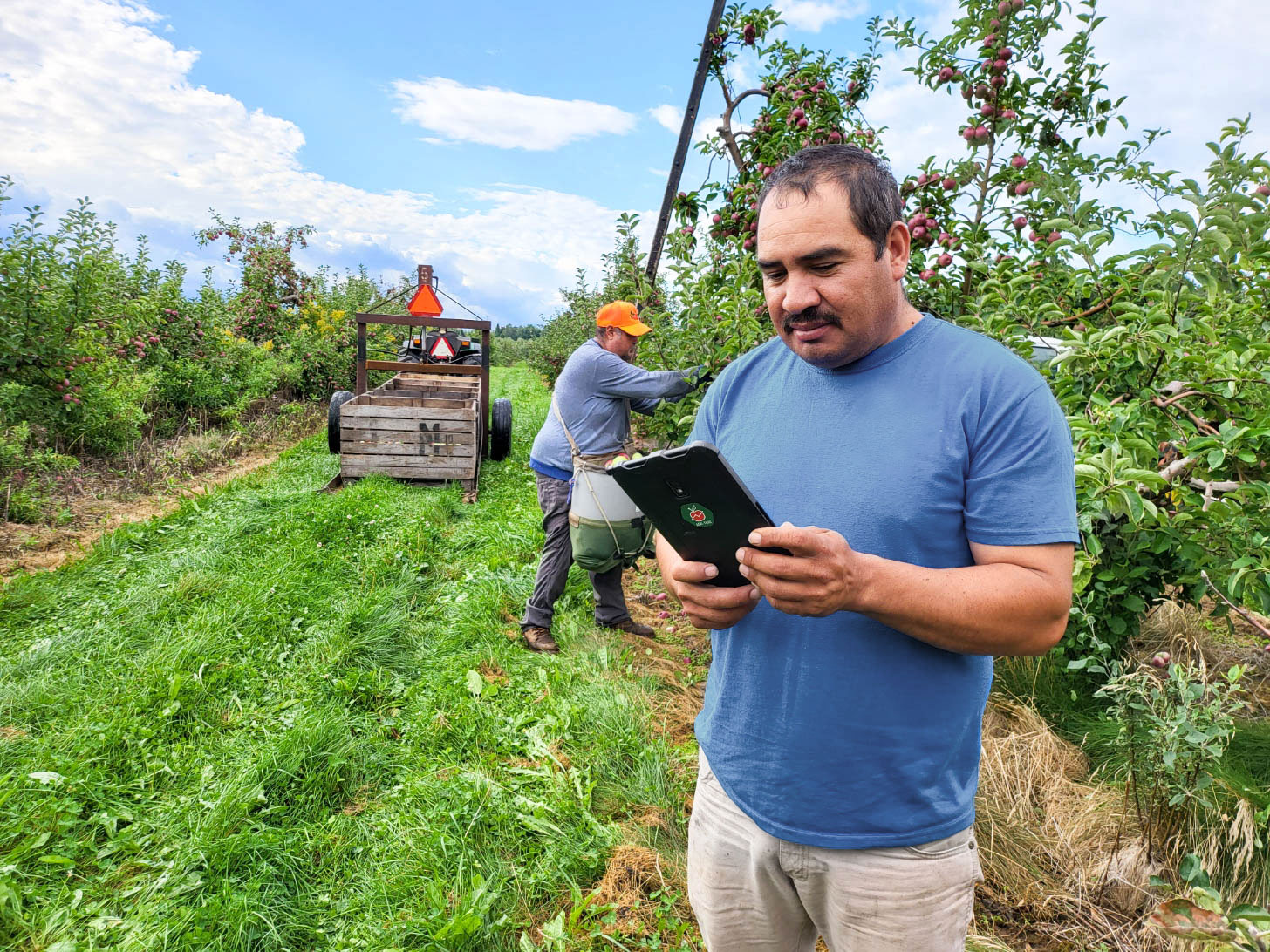Family farms have long been the backbone of agricultural communities, preserving local traditions, sustaining rural economies, and providing food for our tables. However, the labor-intensive nature of farming and the challenges of finding a reliable workforce have put family farms at risk. Fortunately, the H2-A labor program has emerged as a lifeline, offering a solution that strengthens family farms and revitalizes agricultural communities. In this blog post, we will explore how H2-A labor plays a vital role in empowering family farms, fostering economic growth, and preserving the rich fabric of agricultural communities.
- Addressing Labor Shortages:
Labor shortages have become a significant obstacle for family farms, as rural populations decline and younger generations seek alternative career paths. The H2-A labor program allows farmers to hire temporary agricultural workers from other countries when local labor is insufficient. By bridging the labor gap, family farms can continue operations, ensuring that crops are planted, cared for, and harvested on time. This not only maintains farm productivity but also secures the food supply chain and supports the overall stability of the agricultural sector.
- Skilled and Dedicated Workforce:
The H2-A program connects family farms with a skilled and dedicated workforce. Workers participating in the program have undergone a thorough screening process, ensuring their qualifications and commitment to agricultural work. These individuals bring valuable expertise and experience, contributing to enhanced productivity and efficiency on family farms. Whether it’s precision planting, specialized crop care, or harvesting techniques, the skills and dedication of H2-A labor help family farms thrive and remain competitive in today’s challenging agricultural landscape.
- Economic Benefits for Rural Communities:
The utilization of H2-A labor extends beyond the boundaries of individual farms; it has a significant positive impact on rural communities. By providing employment opportunities, family farms supported by H2-A labor inject economic vitality into local communities. This, in turn, helps sustain local businesses, support schools, and maintain essential services. The influx of H2-A workers stimulates economic growth, creating a ripple effect that benefits the entire community and contributes to the overall prosperity of rural areas.
- Cultural Exchange and Community Integration:
H2-A labor fosters cultural exchange and community integration. Workers from different countries bring diverse perspectives, traditions, and experiences to the agricultural community. Through their interactions, local farmers and residents have the opportunity to learn about different cultures, languages, and traditions. This enriches the fabric of rural communities, promotes understanding, and strengthens social cohesion. It also offers H2-A workers a chance to immerse themselves in the local culture, forge friendships, and establish connections that transcend borders.
- Long-Term Sustainability and Succession Planning:
The H2-A labor program not only provides immediate labor solutions but also supports long-term sustainability and succession planning for family farms. By ensuring a reliable workforce, family farms can focus on strategic planning, adopting innovative practices, and implementing technologies that enhance productivity and efficiency. This lays a solid foundation for the future, allowing the next generation to continue the farming legacy with confidence and adaptability.
The H2-A labor program plays a crucial role in strengthening family farms and agricultural communities. By addressing labor shortages, providing a skilled workforce, and fostering economic growth, H2-A labor contributes to the sustainability and success of family farms. Furthermore, it promotes cultural exchange, community integration, and long-term planning. As we recognize the vital contributions of H2-A labor, it is essential to support and advocate for policies that ensure the program’s accessibility and efficiency. By doing so, we can secure the future of family farms, empower agricultural communities, and build a resilient and prosperous agricultural sector.
Agri-Trak records the vital data points that are necessary for the successful implementation of an H2-A labor program on your farm.








